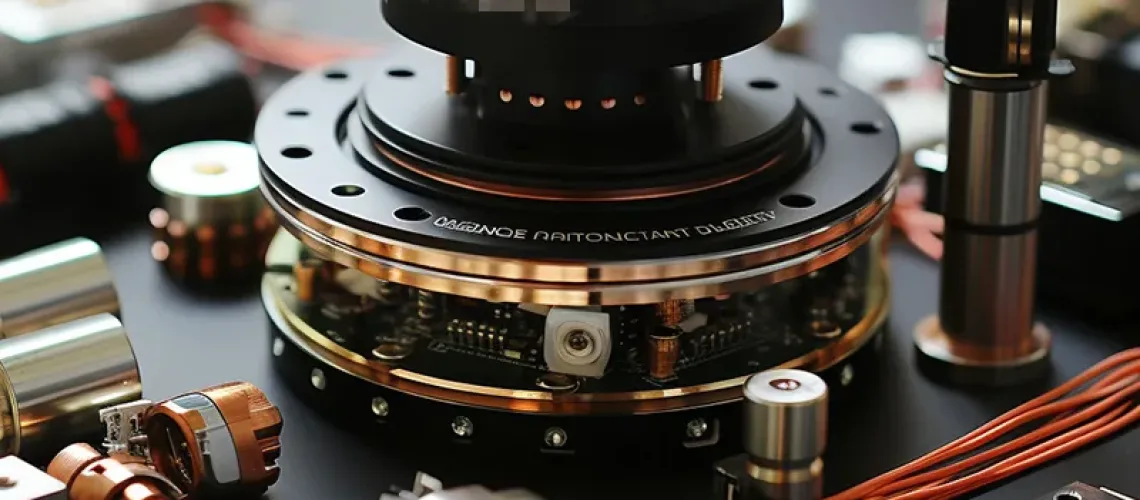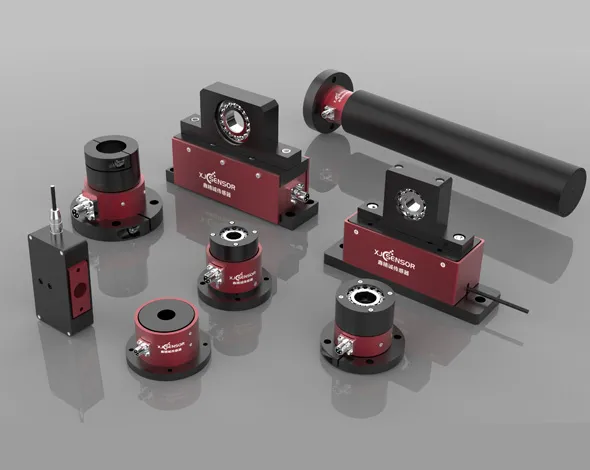In industries where space is limited and precision is essential, integrating miniature force sensors is crucial. XJCSENSOR is an innovative sensor manufacturer. They specialize in developing and producing diminutive yet powerful devices. These devices are designed to accurately measure force in confined environments. Let’s delve into what miniature force sensors are, their types, and their wide array of applications.
What Are Miniature Force Sensors?
Miniature force sensors are compact, high-precision instruments. They are engineered to measure load, weight, tension, or compression forces within a small footprint. Despite their small size, they do not compromise on accuracy or functionality. These sensors transform physical forces into electrical signals. The signals can be measured, allowing for precise control and monitoring in various applications.
Key Features of Miniature Force Sensors:
- Compact Design: Their small size allows for easy integration into tight spaces where traditional force sensors cannot fit.
- High Sensitivity: Capable of detecting minute changes in force, ensuring high-resolution measurements.
- Versatility: Applicable in both static and dynamic measurement scenarios.
- Durability: Built to withstand challenging environments, including those with high temperatures or corrosive materials.
Types of Miniature Force Sensors
- Load Cells: Load cells are the most prevalent type of force sensor, capable of handling everything from tiny loads to several tons. Miniature versions are used when space constraints exist.
- Compression Force Sensors: The devices are designed to measure pushing forces along a single axis. They are ideal for processes requiring precision compression measurements.
- Tension Force Sensors: Conversely, tension sensors are used to measure pulling forces. They are commonly found in applications such as crane scales and material testing equipment.
- Shear Beam Force Sensors:These sensors are built to measure shear forces. They are often used in industrial machinery and medical devices, where lateral forces need to be monitored.
Applications of Miniature Force Sensors
Medical Devices
Miniature force sensors ensure accuracy and patient safety in applications like surgical instruments or infusion pumps

Robotics
Robots use these sensors for feedback control. They ensure the proper grip strength when handling objects.
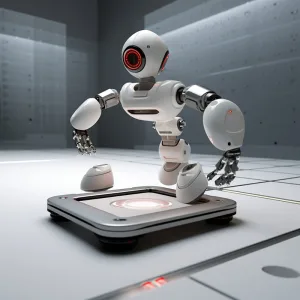
Consumer Electronics
Devices like smartphones use miniature sensors to detect user interactions. They also provide haptic feedback.
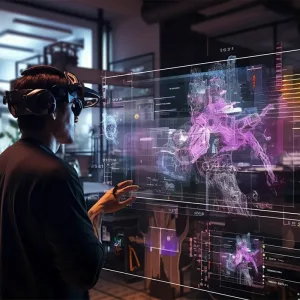
Aerospace and Defense
The compact size and precision of miniature force sensors make them ideal for aerospace applications. Every inch and gram counts in aerospace.
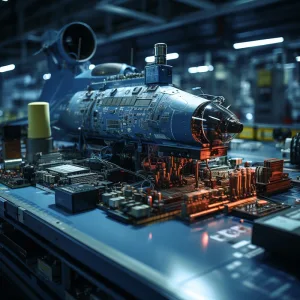
Automotive Testing
Car manufacturers integrate these sensors in test equipment. They use them for quality assurance and safety checks.
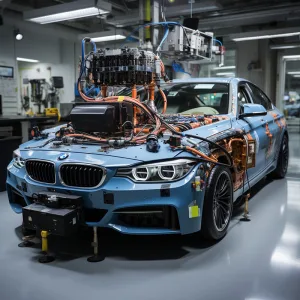
Why Choose XJCSENSOR for Your Miniature Force Sensor Needs?
Partnering with us means benefiting from:
- Customization: We can design and produce sensors to match unique operational demands. could be customized.
- Quality Assurance: Every sensor undergoes rigorous testing to guarantee consistent performance.
- Expertise: Our team has the knowledge and experience to support you through every stage. We can help from selection to integration and beyond.
